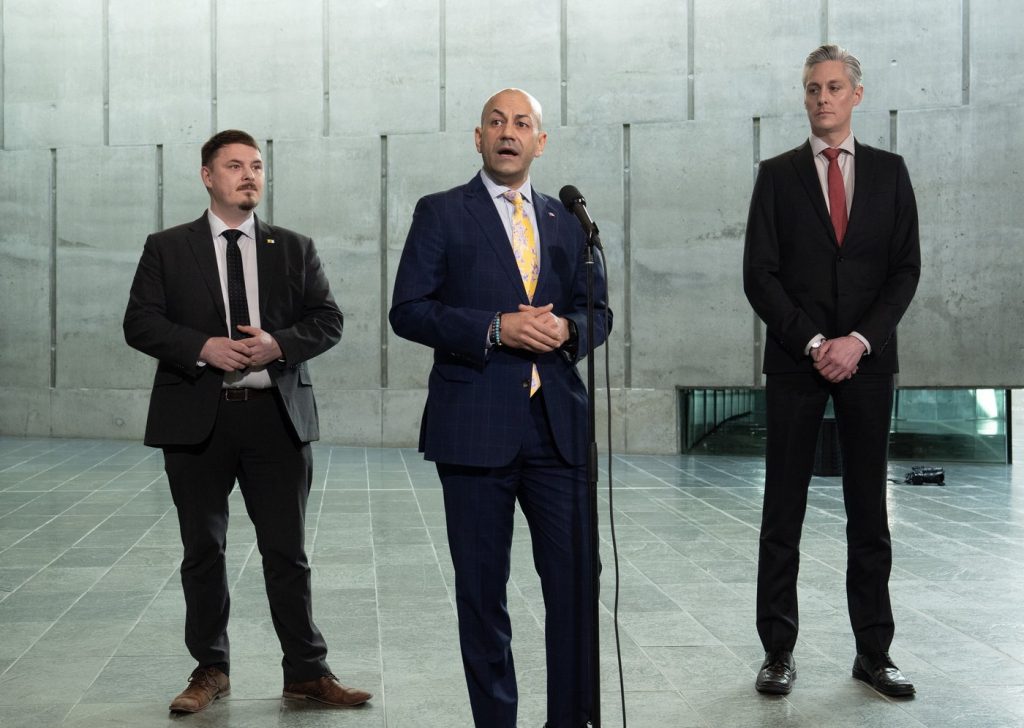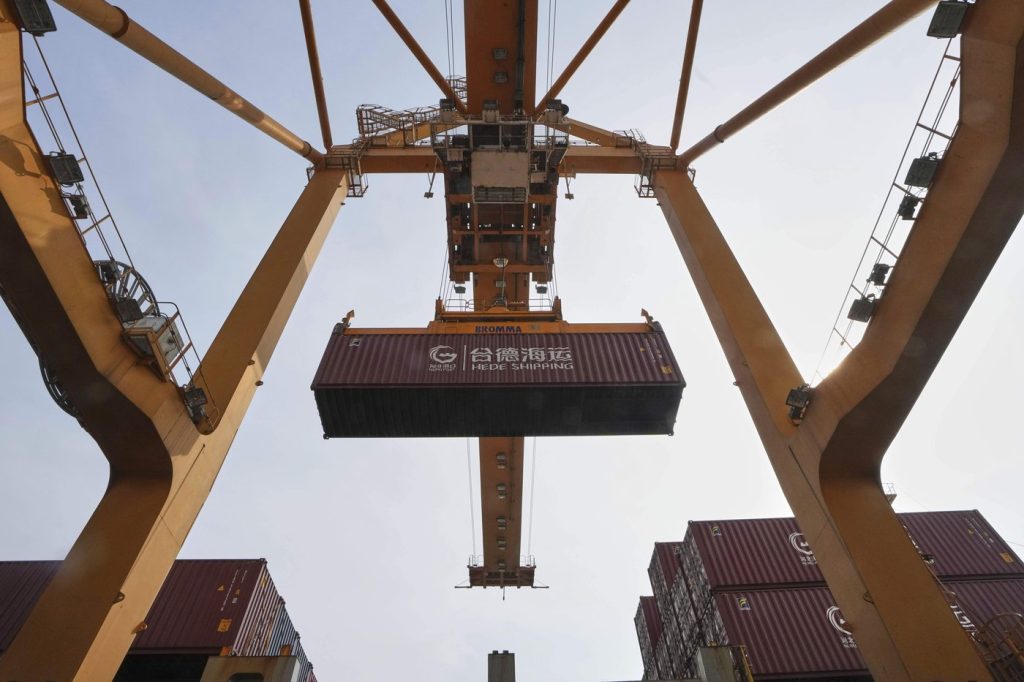The premiers of Canada's three territories have emphasized the need for the country's efforts to eliminate internal trade barriers to account for the North's unique economic circumstances. Yukon Premier Ranj Pillai, Northwest Territories Premier R.J. Simpson, and Nunavut Premier P.J. Akeeagok expressed their intentions to explore the establishment of a “territorial trade zone.” This initiative aims to ensure that modern treaties with Indigenous peoples, as well as the distinct needs of the territories, are recognized during the process of reducing trade barriers.
The premiers convened this past weekend in Yukon for their annual Northern Premiers' Forum. During a joint press conference on Sunday, Pillai articulated that while the territories are open to the idea of removing trade barriers, any discussions must take into account existing agreements with northern Indigenous governments. Newly-elected Prime Minister Mark Carney has pledged to create a plan that aims to eliminate trade barriers between provinces and territories by Canada Day, set for July 1, 2025. Pillai remarked that this timeline presents challenges for the North.
“We want to be at that table moving toward July 2, but in that short time frame, we (need to) have a lot of discussions, and there’s some very significant, legally binding, constitutionally anchored agreements that we also have to have a look at,” Pillai explained. He indicated that the situation offers an opportunity for the territories to engage as partners in the discussions while also educating other stakeholders about the unique context of the North.
Akeeagok highlighted the significance of the Nunavut Land Claims Agreement, which includes provisions that grant Inuit the right of first refusal on procurement and necessitate consultation prior to any legislative changes. “We are very open in terms of breaking down the barriers, streamlining a lot of these processes, among other things,” he stated, emphasizing the necessity of meaningful consultations between all parties involved.
Pillai further noted that many substantial projects in the North often require partnerships with companies from larger nearby provinces, which allows these external firms to benefit disproportionately. He raised a critical point: “If you’re going to have us start to remove these opportunities for Northern companies, how are you going to, as well support the three territories in helping to grow this economy?” This statement underlines the importance of ensuring that local businesses can thrive even as trade barriers are addressed.
Simpson added that even if the territories maintain some of their exemptions under the Canada Free Trade Agreement, reducing barriers to doing business would yield benefits for both the North and the rest of Canada. “I’m very hopeful about the work that’s happening, and I’m confident that we’re going to see the benefits of it,” he expressed, reflecting a positive outlook on the collaborative efforts to enhance trade relations.
This dialogue among the territorial premiers underscores the delicate balance of fostering economic growth while respecting existing agreements and the rights of Indigenous populations. As the planning for the elimination of trade barriers progresses, it remains crucial that the unique challenges and opportunities presented by the Northern economy are fully understood and respected by all parties involved.












